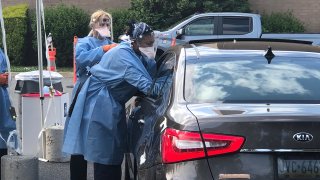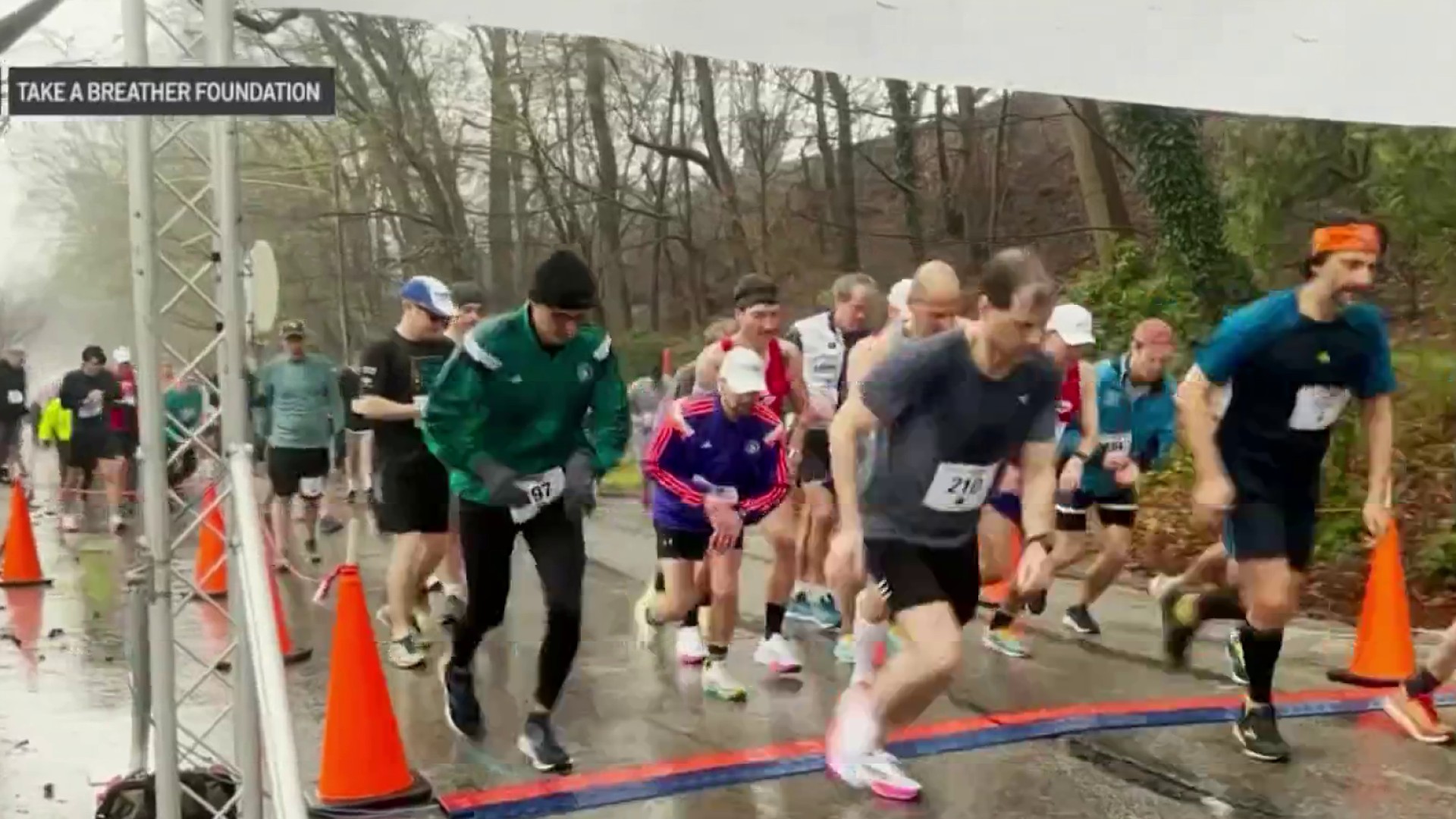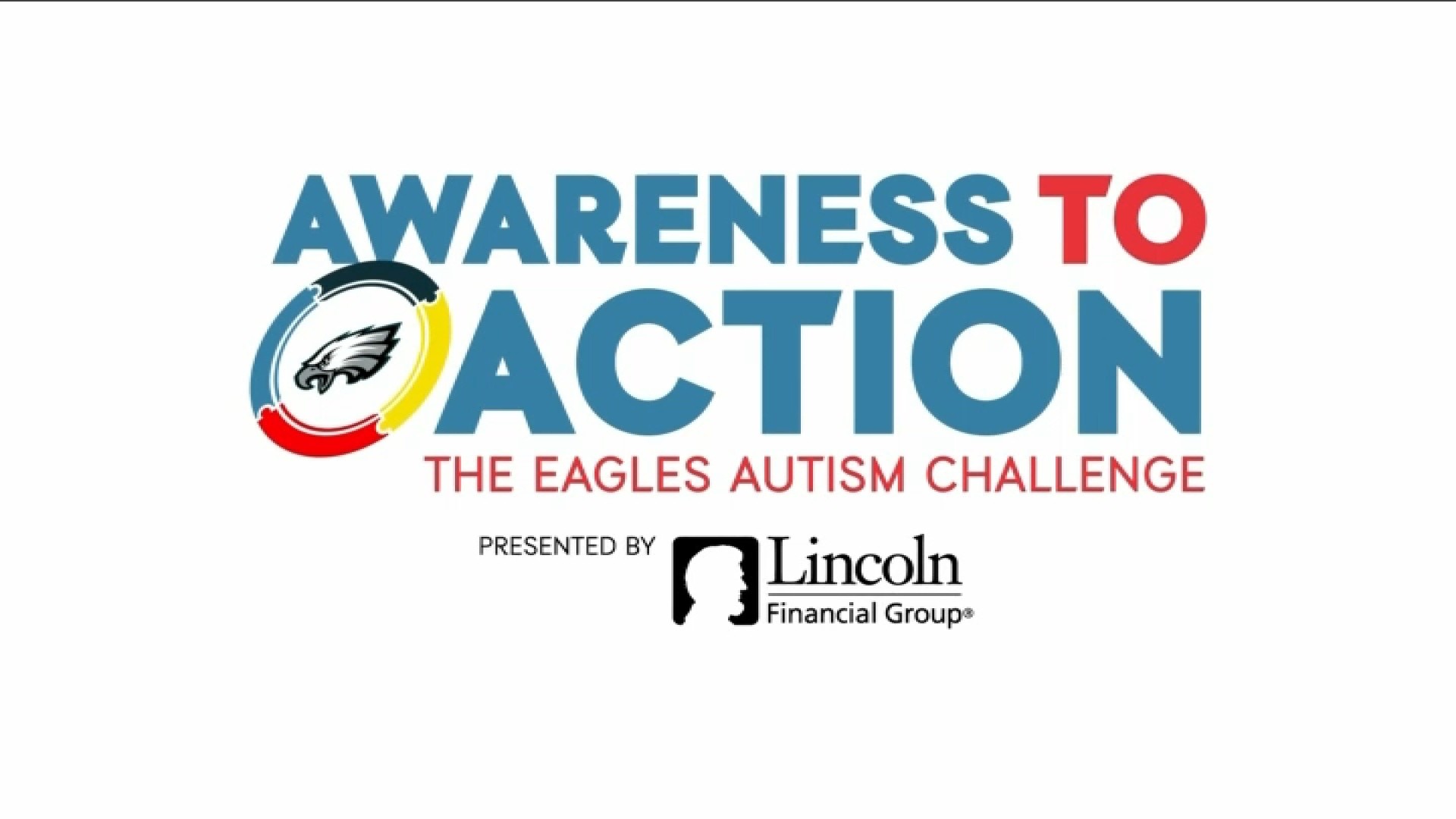
What to Know
- After flattening the curve of new coronavirus cases successfully in June and early July, Pennsylvania is now seeing significant increases in new cases
- This week, Pennsylvania has had three days with more than 1,000 new COVID-19 cases
- Philly and its suburbs are being watched particularly closely
Pennsylvania reported more than 1,000 new coronavirus infections on Tuesday for the third time in less than a week and the sixth time this month as some regions of the state continue to see rising case numbers.
An additional 1,120 people tested positive for the virus, raising the statewide total to more than 109,000 since the beginning of the pandemic, according to the state Health Department.
Health officials reported 24 new deaths, raising the death toll to 7,146.
Get Philly local news, weather forecasts, sports and entertainment stories to your inbox. Sign up for NBC Philadelphia newsletters.
And those statistics do not include higher numbers that will be released by Philadelphia and its surrounding counties later today. Pennsylvania's official statistics have undercounted the city and several suburbs.
“The second wave of the epidemic has now reached Philadelphia," said Dr. Thomas Farley, the city's health commissioner. "Our case counts are not rising nearly as fast as the first wave we saw in March. Nonetheless, this represents a period of genuine risk, the epidemic is likely to be worse before it gets better.”
The Health Department has cited 14 counties with a “concerning” percentage of tests coming back positive. Those counties are scattered throughout the state and include Beaver, Armstrong, Franklin, Mercer, Allegheny, Lawrence, Chester, Philadelphia, Fayatte, York, Dauphin, Delaware, Bedford and Greene.
Health
The Health Department said Philadelphia reported 175 new cases on Tuesday, while Allegheny had 119 and Delaware reported 118.
The number of infections is thought to be far higher than the state’s confirmed case count because many people have not been tested, and studies suggest people can be infected without feeling sick.
For most people, the virus causes mild or moderate symptoms that clear up in a couple of weeks. Older adults and people with existing health problems are at higher risk of more severe illness, including pneumonia, or death.



